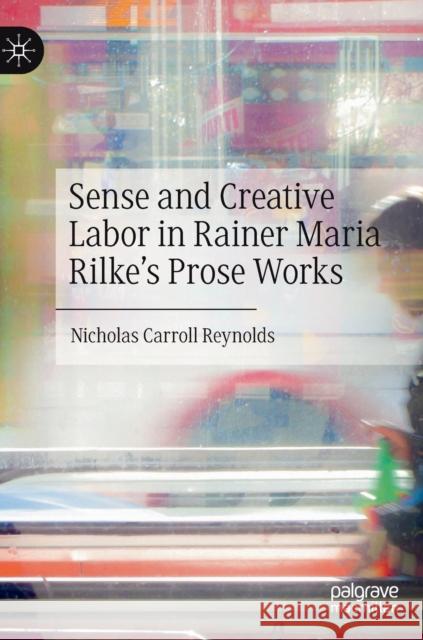Sense and Creative Labor in Rainer Maria Rilke's Prose Works » książka
topmenu
Sense and Creative Labor in Rainer Maria Rilke's Prose Works
ISBN-13: 9783030744694 / Angielski / Twarda / 2021 / 255 str.
Kategorie BISAC:
Wydawca:
Palgrave MacMillan
Język:
Angielski
ISBN-13:
9783030744694
Rok wydania:
2021
Wydanie:
2021
Ilość stron:
255
Waga:
0.48 kg
Wymiary:
21.01 x 14.81 x 1.75
Oprawa:
Twarda
Wolumenów:
01
Dodatkowe informacje:
Wydanie ilustrowane











